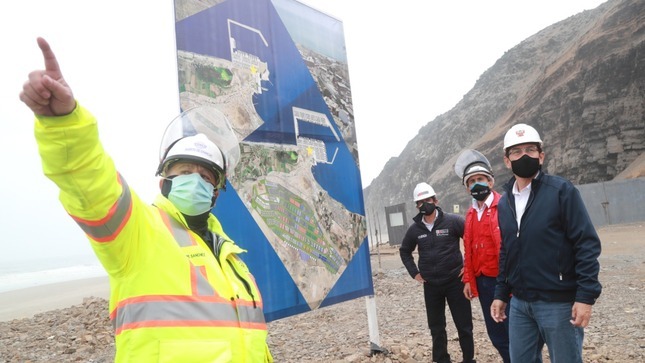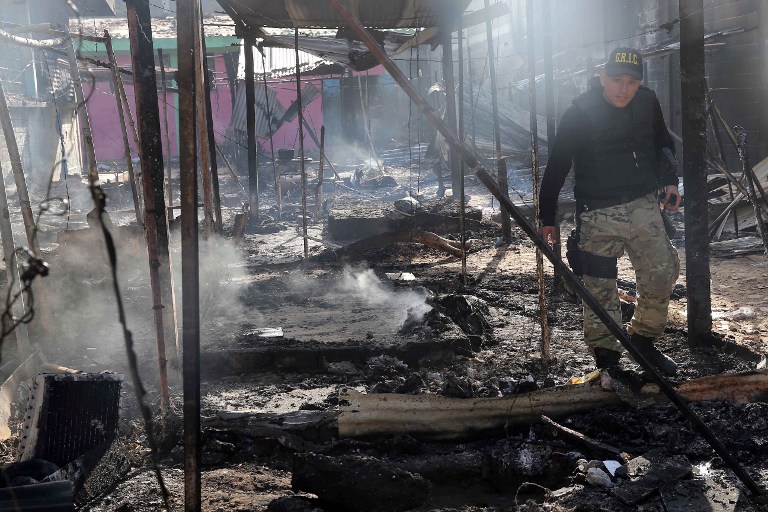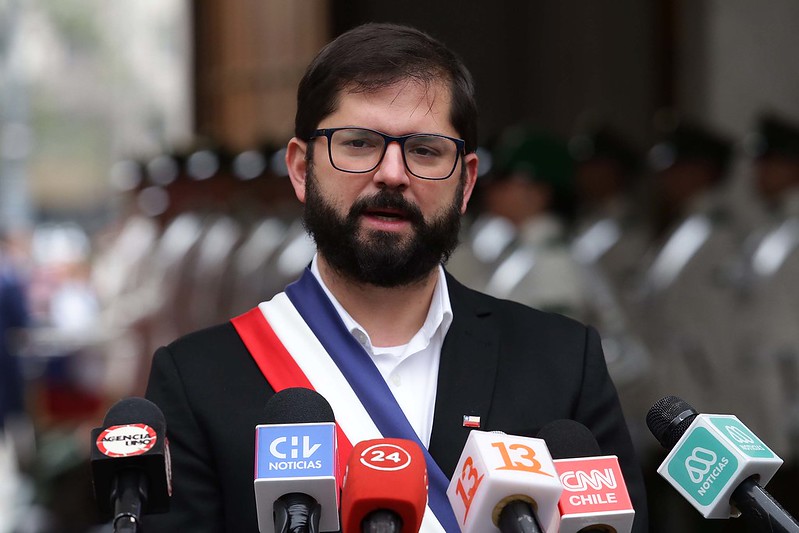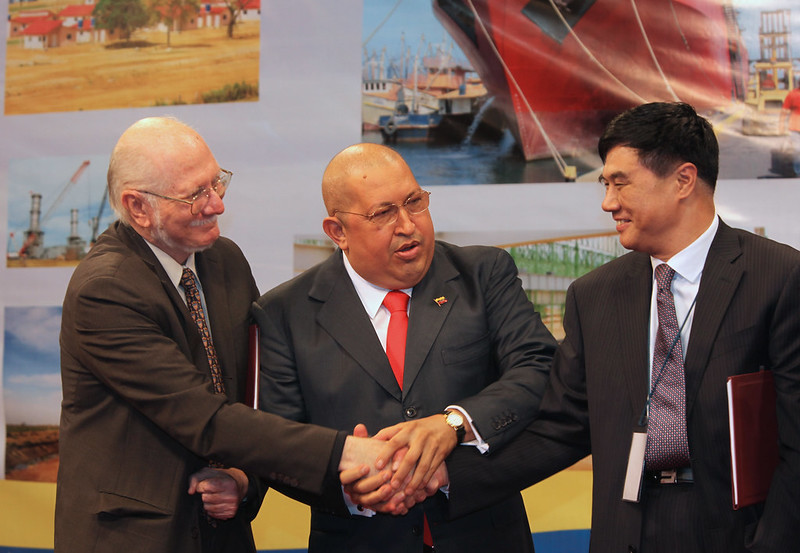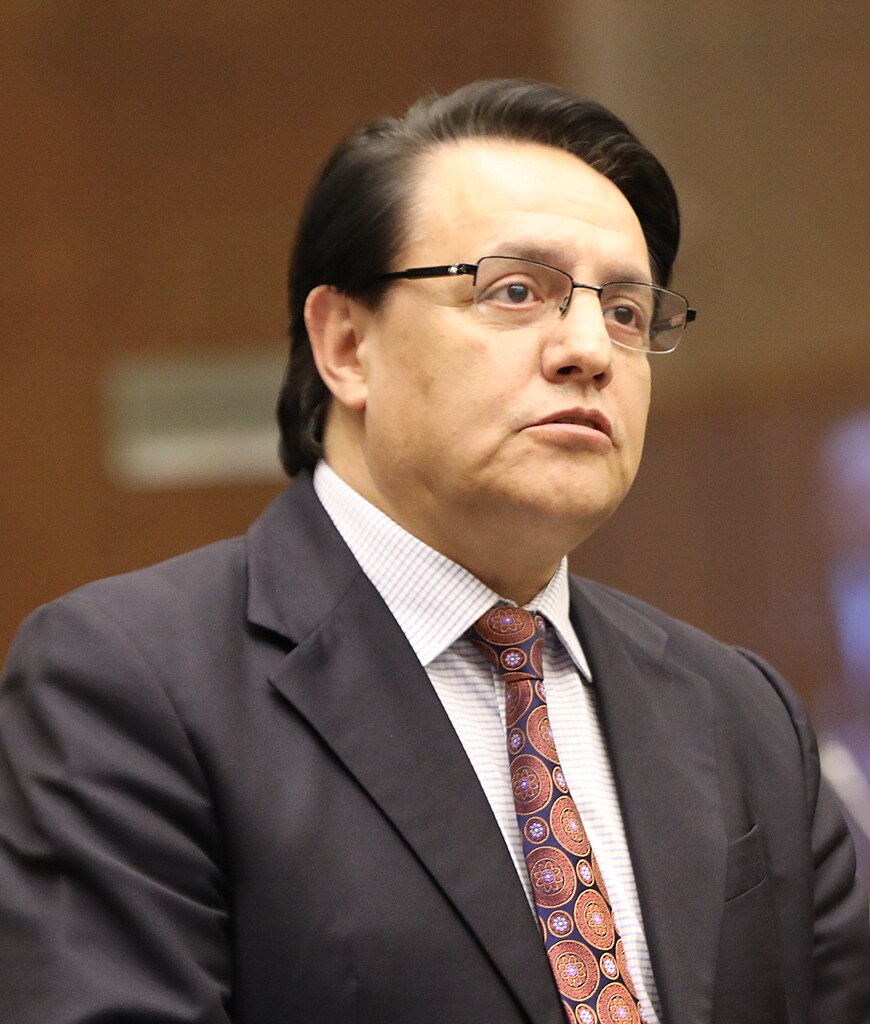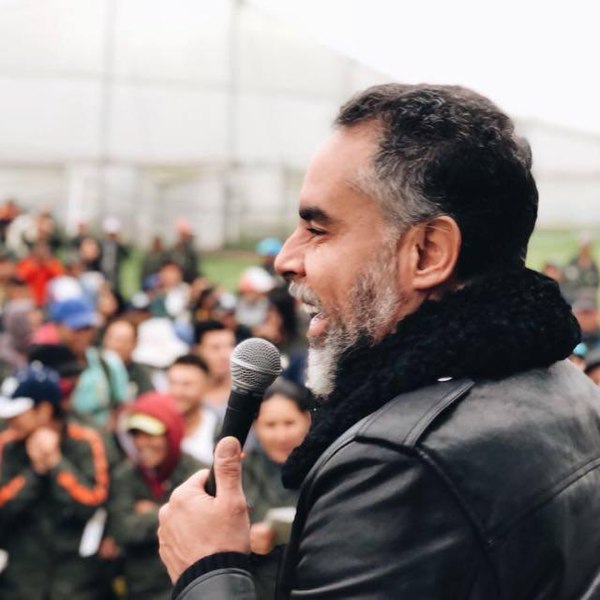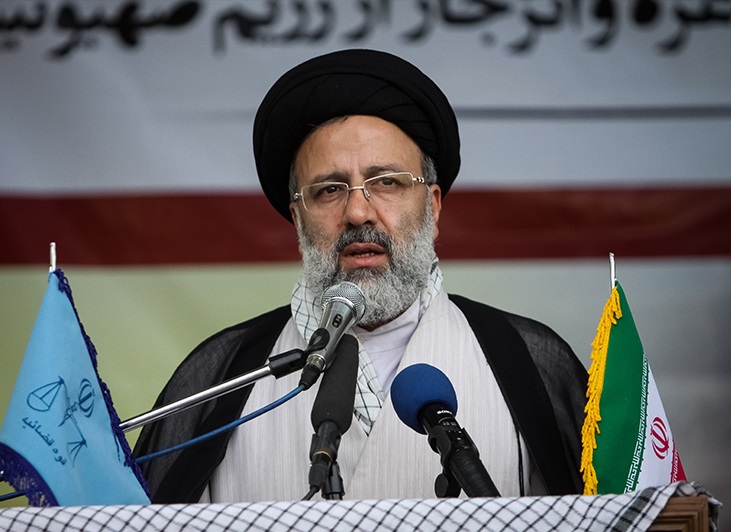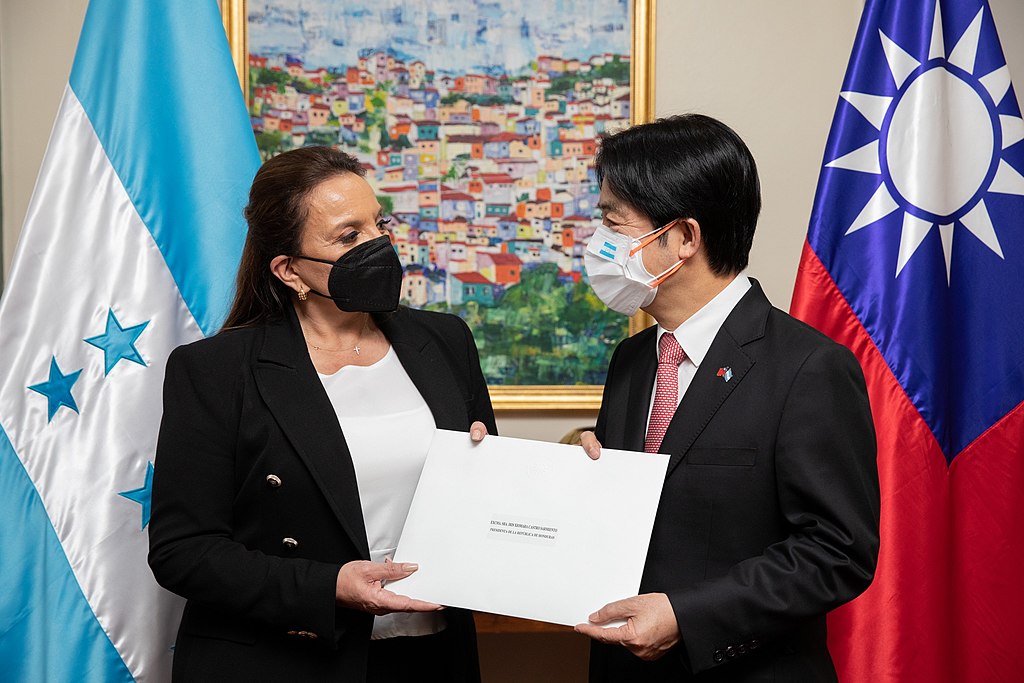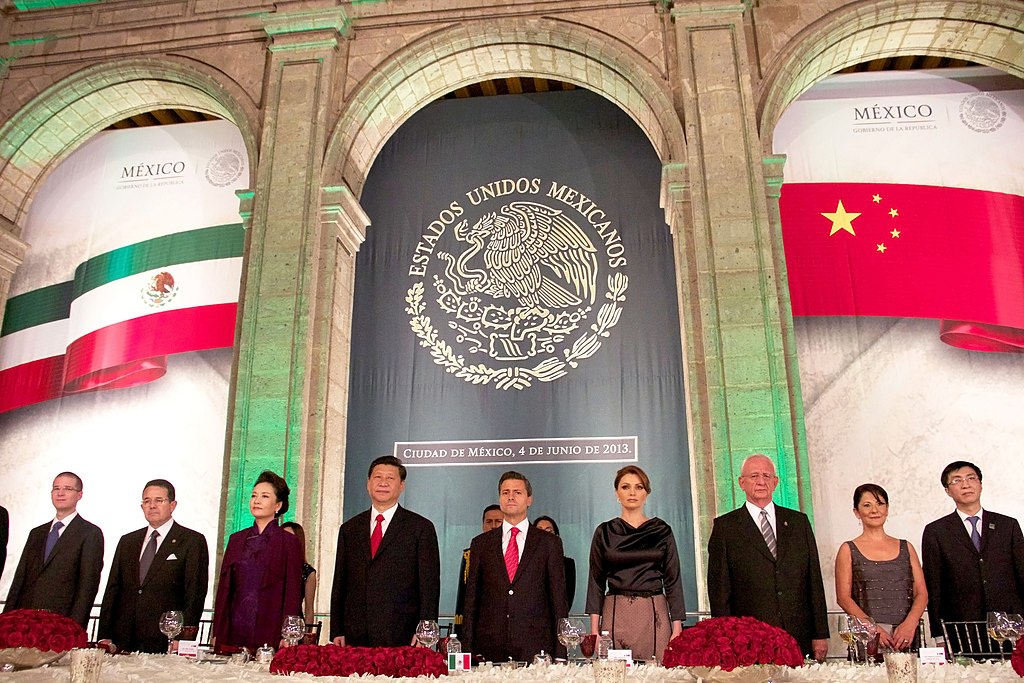
The Venezuelan armed forces have become critical to the Maduro regime’s ability to move drugs around the world.
“Venezuela is currently an important bridge in global drug trafficking exports, from where between 250 and 350 metric tons per year leave, which has a street value of between 6 and 8 billion dollars.”
The Maduro regime in Venezuela has long maintained links to organized crime groups and drug trafficking organizations (DTOs).[i] However, a recent hack of documents from the Colombian Prosecutor’s Office has revealed the depths of the Maduro regime’s involvement with DTOs. According to the Argentine daily Infobae, the documents allege that Venezuelan Armed Forces are crucial to trafficking drugs through Venezuela. The outlet reports that they cooperate with Colombian guerrillas and are directly involved in the process of moving drugs, as opposed to passively permitting their passage and receiving bribes, as was the case in the past. The second excerpted article from Infobae states that the alleged center of these operations is Catatumbo, a borderland region between Colombia and Venezuela rich in coca production estimated to be 330 tons per year. The article paints a complex picture of rival criminal organizations from Mexico and Venezuela also occupying the same territory. The Maduro regime’s spiral into criminality will likely have meaningful impacts on the operational environment.[ii]Venezuelan Armed Forces’ increased role in Latin America’s drug trafficking operations will have spillover effects for most neighboring countries. At the same time, such activities are likely to deepen the Maduro regime’s staying power.
Sources:
“Un informe reveló cómo el régimen de Maduro hizo del narcotráfico su principal fuente de financiamiento (A report revealed how the Maduro regime made drug trafficking its main source of financing),” Infobae (Argentine daily with excellent regional coverage), 7 November 2023. https://www.infobae.com/venezuela/2023/11/07/un-informe-revelo-como-el-regimen-de-maduro-hizo-del-narcotrafico-su-principal-fuente-de-financiamiento/
Leaked documents from the Colombian Prosecutor’s Office, analyzed and verified through additional interviews and other independent reports, reveal that Venezuelan military personnel, in association with Colombian guerrillas, are directly involved in drug trafficking operations…The epicenter of this network is the mountainous region of Catatumbo, on the border with Venezuela, an area that has a high concentration of coca leaf plantations…More than 330 tons transited through the state of Zulia from the Catatumbo region last year alone, an alarming figure given that experts say that Catatumbo supplies only about 60% of the drugs entering Venezuela. The rest is transported by rivers in the plains region and the jungle region in the south of the country.
“Vínculos del Gobierno venezolano con el narcotráfico en la región del Catatumbo en Colombia revelan filtraciones de documentos de la Fiscalía (Links of the Venezuelan Government with drug trafficking in the Catatumbo region in Colombia revealed by leaks of documents from the Prosecutor’s Office),” Infobae (an Argentine daily with excellent coverage), 8 November 2023. https://www.infobae.com/colombia/2023/11/08/vinculos-del-gobierno-venezolano-con-el-narcotrafico-centran-la-atencion-en-la-region-del-catatumbo-en-colombia/ In the department of Norte de Santander, there is also the presence of the Mexican cartels of Sinaloa and Jalisco New Generation, along with the Venezuelan gang known as the Tren de Aragua… The investigation also highlighted the change in the roles of participation of the Venezuelan authorities, which have gone from being bribed by the drug cartels to leading illegal operations themselves, which represents an increase in the complexity and severity of the criminal operations.
Notes:
[i] For information on the Maduro regime’s links to criminal groups, see: Moises Rendón, “Maduro’s Mafia State,” Center for Strategic & International Studies, 31 October 2018. https://www.csis.org/analysis/maduros-mafia-state
[ii] For more information on how the Maduro regime uses criminal groups as an instrument of state power and power projection capability, see: Moises Rendón and Arianna Kohan, “Identifying and Responding to Criminal Threats from Venezuela,” Center for Strategic & International Studies, 22 July 2019. https://www.csis.org/analysis/identifying-and-responding-criminal-threats-venezuela
Image information:
Image: The Venezuelan armed forces have become critical to the Maduro regime’s ability to move drugs around the world.
Source: https://commons.wikimedia.org/wiki/File:Ch%C3%A1vez_eyes_-_Venezuelan_armed_forces.png
Attribution: Wikimedia, CC BY 3.0 DEED

